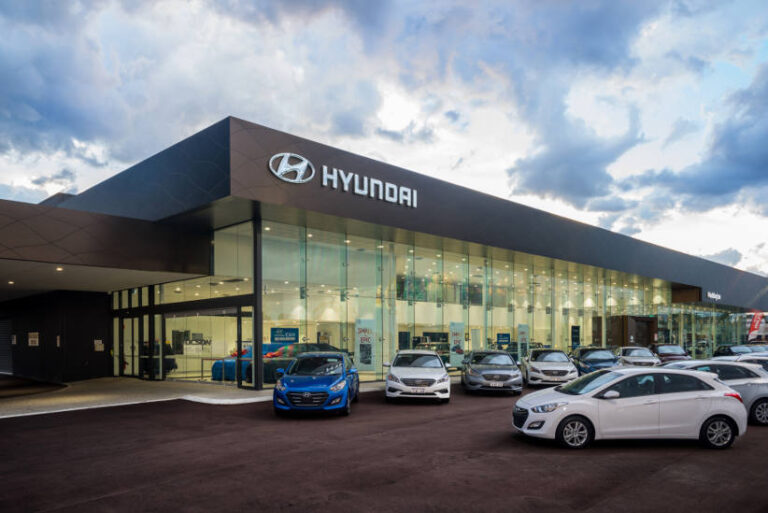In March Deloitte Motor Industry Services conducted it’s annual Automotive Industry Overview with several sessions around the country. I was excited about attending the Sydney CBD session because the accounting and law firms always have the best food and top shelf drinks at these events. And in the midst of the COVID-19 pandemic, I knew they’d be fully stocked with toilet paper and hand sanitiser
The room was large and full. Many OEMs were present (recently departed could be identified by their casual attire) along with many other dealership staff and industry participants. A special acknowledgement was given to the Sydney dealership scions (Sutton, Tynan, Warren) for their attendance.
Grant Cameron from Deloitte gave the opening remarks and set the tone for 2020 – Dealerships are retail businesses. Just like Coles, Woolies and DJs, they are subject to changing consumer preferences and hybrid internet business models. The ‘Build it and they will come’ model of mega dealerships and shiny showrooms needs to be adjusted to the paradigm of electric vehicles, rising land values and higher labour costs.
Dealerships can still make money selling, servicing and financing petrol/diesel motor vehicles. Flying cars and fancy mobility solutions that make car ownership redundant are still decades away from being a reality. Business owners need to focus on the right practices and right behaviour today with consideration of the changing retail trends, while making structural strategic decisions with the future in mind.
The automotive industry is reported to be worth $36 billion and employs 350,000 people. And the cars we build, sell and maintain travel millions of kilometres each year generating wealth in many other parts of the economy. We are an important part of people’s lives even though many only consider the car as a way to get from A to B.
Car sales have started the year the way they finished in 2019. Unfortunately Australia is heading for a hat trick after declines in 2018 and 2019. This did not happened post-GFC so we are entering a new era for dealerships. The recently announced government stimulus in response to COVID-19 may provide some relief with more companies being eligible for instant write-offs for larger amounts.
After the Deloitte economic overview, Dorian Lapthorne ran through the industry benchmarks that come from the data uploaded to the eProfitFocus system by more than 900 dealers around the country. The news wasn’t good. Dealer profitability has been declining for the last four years. For every $100 in turnover only 90 cents was left left in 2019 as profit. This is compared to $2.20 several years ago. So when combined with lower new car volumes, dealers are working harder than ever to make money.
Parts and Service Departments are still the ‘spare tyre’ of a dealership. No one looks at them or thinks about them until they get a flat. The Takata airbag recall provided the greatest ever opportunity for dealers to engage with customers in 2018 and it pushed up the total service revenue in that year. Unfortunately the impact of increased warranty work declined in 2019 and unless dealers had a good CRM process they have lost any future opportunities with these customers.
Low wage growth and stable house prices are pushing the 50/50 new car buyer into good quality used vehicles. So the Deloitte Top 30 have retained profits by getting better at used cars by being smarter at purchasing stock and reducing reconditioning costs. Most were already good at selling a used car; it’s the improvement in the back end processes that have delivered higher profits.
F&I penetration remains at 30% of all cars sold but revenue is down 33% since 2017. Deloitte’s figures show revenue per vehicle is still the same, it’s the volume of vehicles that has declined. It was quoted that ‘90% of all new vehicle purchased are financed by someone’ which implied dealerships are missing out by accepting historical conversion rates.
As someone that has been attending these seminars for more than a decade it sounded like much of the same – Dealerships that rely on new cars sales for profit will die. They are complex businesses with many moving parts and success only comes from focusing on the right practices and right behaviour.






